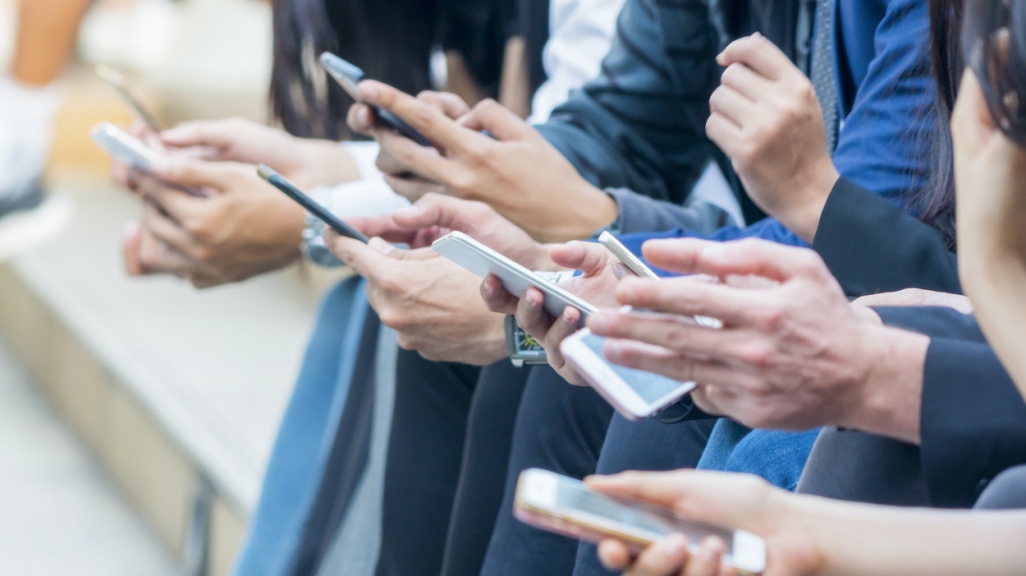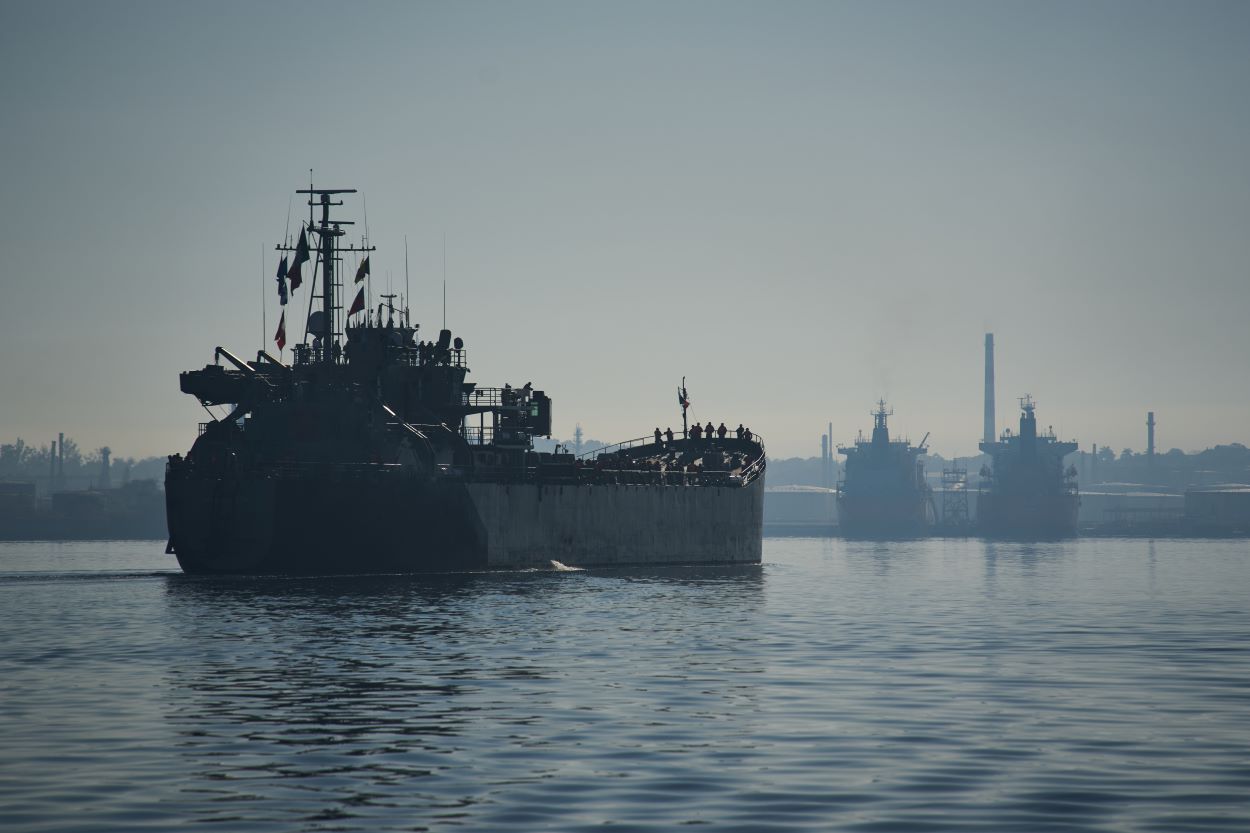The True Power of Social Media Restrictions
The True Power of Social Media Restrictions
"It's time to update the U.S. foreign policy toolkit for the social media age," writes AS/COA's Eric Farnsworth for The National Interest.
Twitter’s decision to ban a sitting U.S. president raises an intriguing question for the new Biden administration: should foreign leaders sanctioned for human-rights abuses, drug trafficking and gross corruption, and crimes against humanity be booted from social media? The answer is yes. It’s time to update the U.S. foreign policy toolkit for the social media age. Much as visa privileges and access to the U.S. banking system are routinely denied for sanctioned individuals, access to relevant social media should also be treated as a privilege, not a right.
Obvious targets for social media denial would be senior officials of countries designated as State Sponsors of Terror or otherwise under significant sanction, including individuals designated under the Global Magnitsky Act. It is astounding, for example, that despite significant U.S. foreign policy interests and severe existing sanctions, Iran’s leader Khamenei is able to tweet without consequence about the destruction of Israel, and Venezuela’s Maduro can use Twitter to threaten harm to the leaders of the internationally-recognized democratic opposition. If this isn’t incitement to violence, it’s unclear what actually would be.
Three significant objections to implementing such a policy stand out. The first is the symbolism of denying free speech rights to foreign officials even as the United States claims to stand for free speech, as well as the “right” of the United States to take such steps. But we are not talking about free speech for people generally or censoring ideas that Washington may not like, and certainly not for U.S. citizens. We are not talking about restricting access to non-U.S. social media platforms over which the United States has no jurisdiction. Rather, the targets are foreign officials already under U.S. sanction for egregious abuses and who may be using U.S.-based social media, among other tools, to maintain power and control over their citizens and security forces and to project an image abroad that fuels the energies of international supporters and fellow-travelers, undermining core U.S. foreign policy interests. Individuals such as Khamenei, Maduro, Cuba’s Diaz Canel, North Korea’s Kim Jong-un, and Syria’s Bashar al-Assad and their respective inner circles and propaganda mouthpieces. In any event, sanctioned leaders are not guaranteed First Amendment protections under U.S. laws and can have no expectation of such rights and freedoms particularly when engaged in crimes against humanity…









